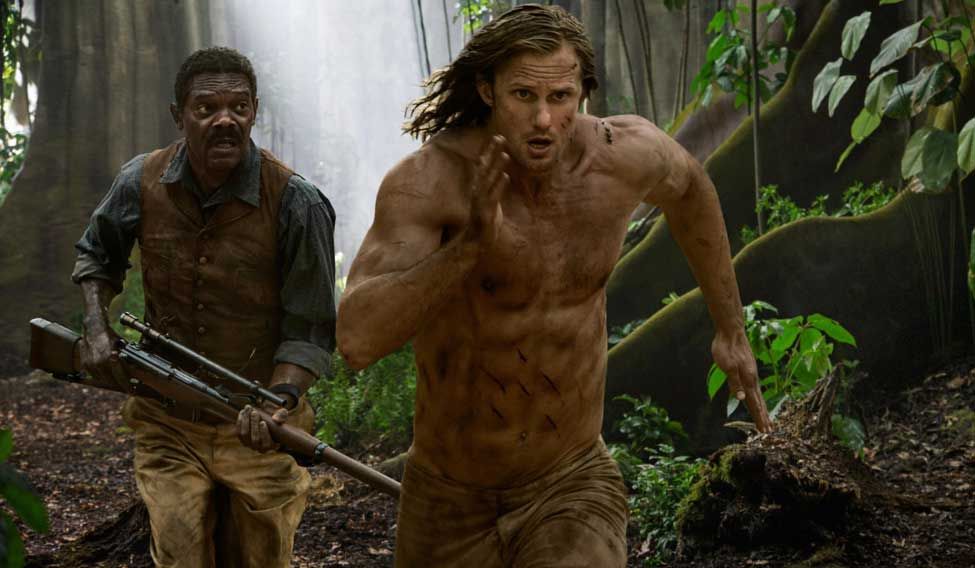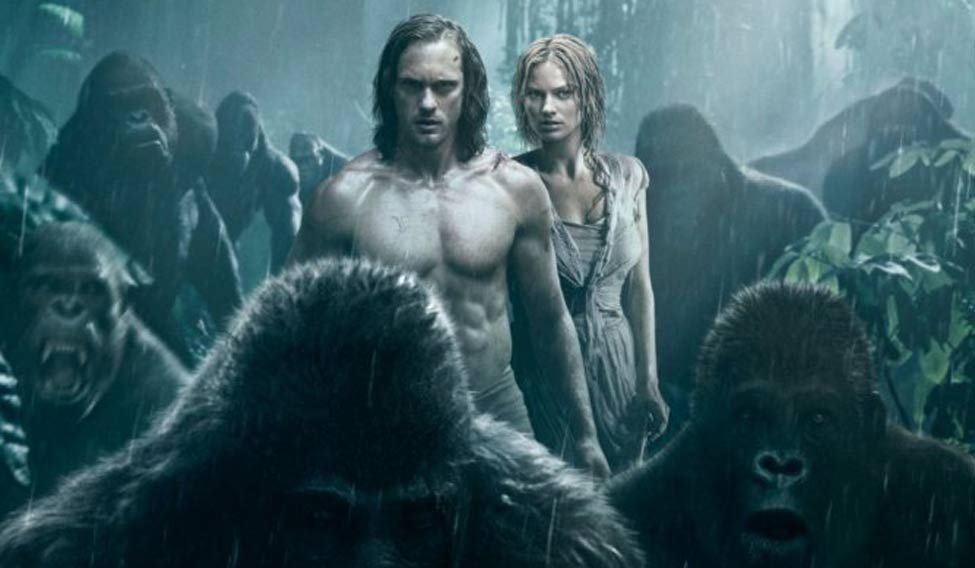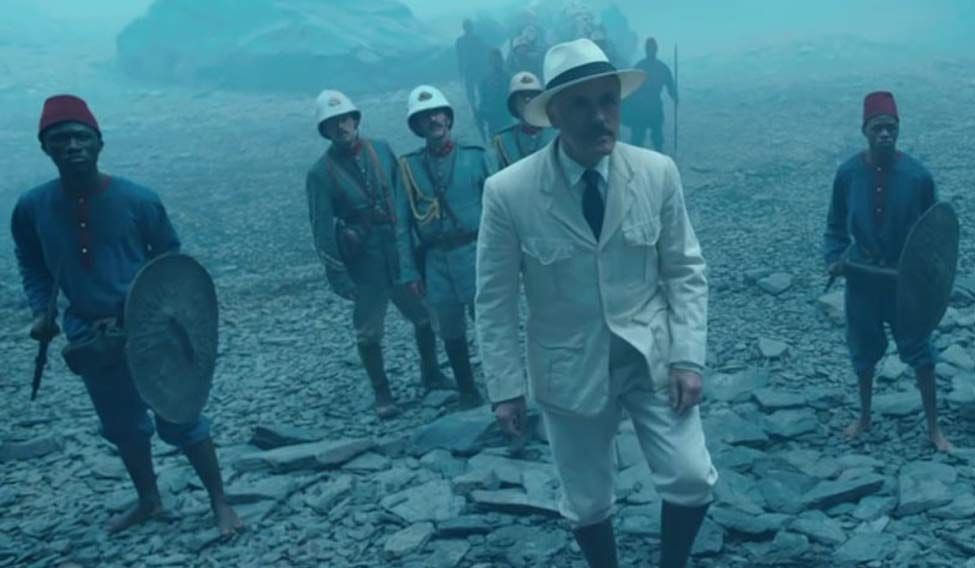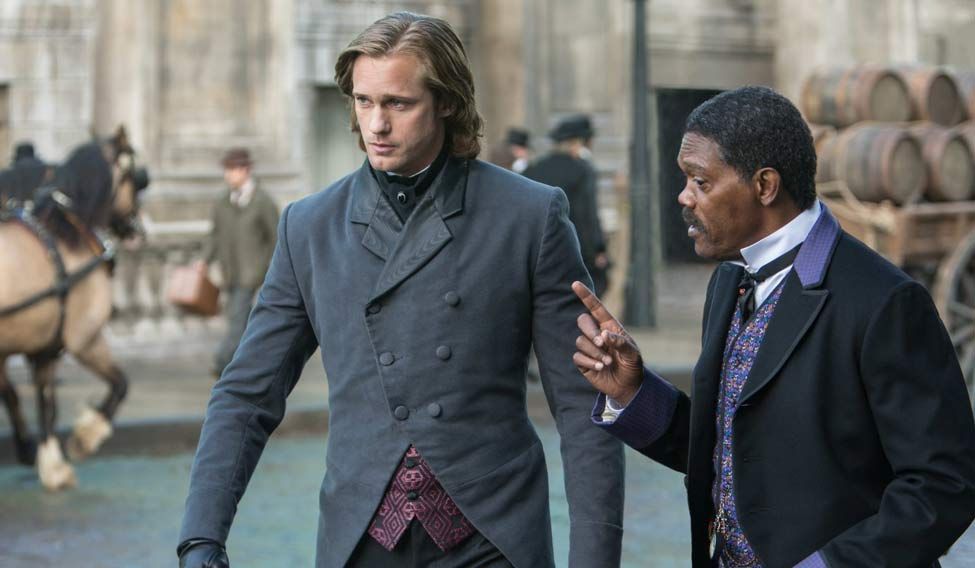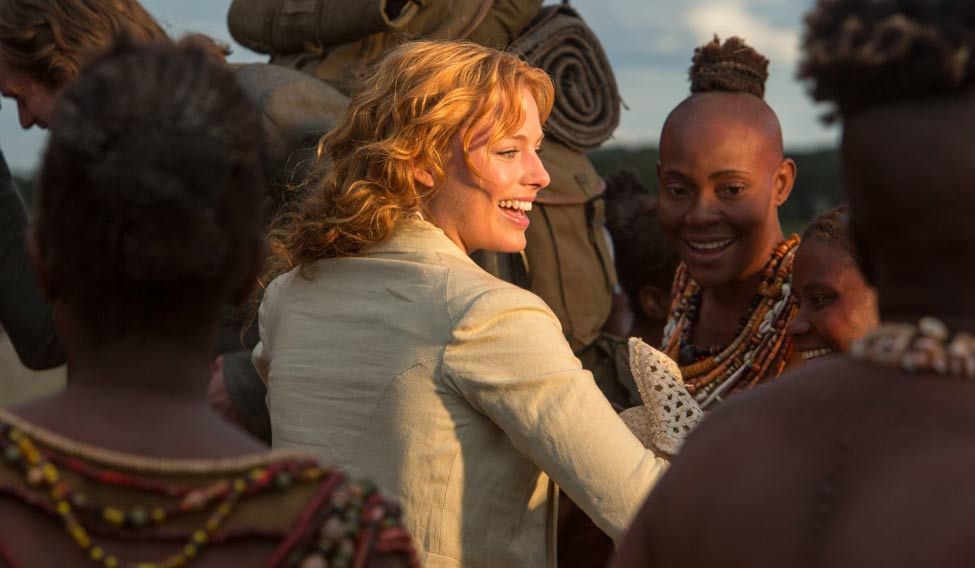There are superheroes who inhabit a world much like ours, but with technologies advanced beyond imagination. There are also those who lived and fought in a world no different than ours. Tarzan, the beloved son of the jungle, is one such superhero.
David Yates, who Harry Pottered his way into cinematic fame, is back, bringing on screen the man who was brought up by apes. Scripted by Craig Brewer and Adam Cozad, The Legend of Tarzan takes on the themes of yearning for home, slavery and colonisation.
John Clayton III aka Tarzan is leading a quiet, aristocratic life in Victorian London. But his heart is very much in the wilderness. He enjoys raw eggs, being on treetops and looks longingly at the wild—you may take Tarzan out of the jungle, but you can't take jungle out of Tarzan.
It takes little persuasion and convincing to bring him back to the forests as a trade emissary although he is more concerned about ensuring the safety of his fellow beings—the animals and tribals. Little does he realise that he is merely a pawn in a dirty game of politics, exploitation, colonisation and revenge. But he is Tarzan, and he is being taken to a place he calls home—the majestic jungles of the Congo. He lets lose his wild side, swings by the vines with agility, hobnobs with ferocious beasts, engages in a one-on-one combat with a chest-thumping Mangani (monster apes of Tarzan novels), and leads a ravening pack of animals to take on corrupt Belgian captain Léon Rom and his band of mercenaries to save Jane.
While the plot is a textbook example of formulaic predictability, what stands out is the raw action that unfolds in the forests. At times slow and meditative, other times racy, Henry Braham's camera brilliantly captures the elegance of the untamed land and waters. The arresting visual effects and an impressive background score by Rupert Gregson-Williams render perfection to this piece of the tale set in the woods.
Alexander Skarsgård's is believable in a role that seems to have demanded more dedication in the gym than in front of the camera. Samuel L. Jackson plays to perfection the gun-slinging, real-life George Washington Williams—an American Civil War soldier who is up against the Belgian regime. Weighed down by the guilt of a few 'bad things' that he has done in the past, he seeks his redemption by ensuring that the agent of the Belgian is unsuccessful in enslaving the tribals. Margot Robbie impresses as Jane Clayton who refuses to be a damsel in distress because she knows her husband is “no normal man”.
Christoph Waltz's rosary wielding Rom reminds you of his Colonel Hans Landa act of Inglourious Basterds. Djimon Hounsou as the vengeful Chief Mbonga, leader of the tribe of beefed up men who seem to have gotten their hands on a large bottle of steroid, is menacing enough.
To the relief of the audience, the film wastes hardly any time explaining the origins of Tarzan, but employs occasional flashbacks to do so.
While refusing to make any blatant political statements on exploitation and slavery, the film delves into the psyche of the manipulative West and its emissaries who would stop at nothing to colonise and rule the forest and its dwellers—both men and beasts. The passing imagery of a truckload of ivory enunciates the extent of death and destruction the conquerors have paved.
Part real-life, but largely fiction, The Legend of Tarzan promises to be a fun watch if you are willing to repose your trust in a man to whose tunes animals and nature dance.
**Film: The Legend of Tarzan
Director: David Yates
Cast: Alexander Skarsgård, Samuel L. Jackson, Margot Robbie, Djimon Hounsou, Christoph Waltz
Rating: 3




